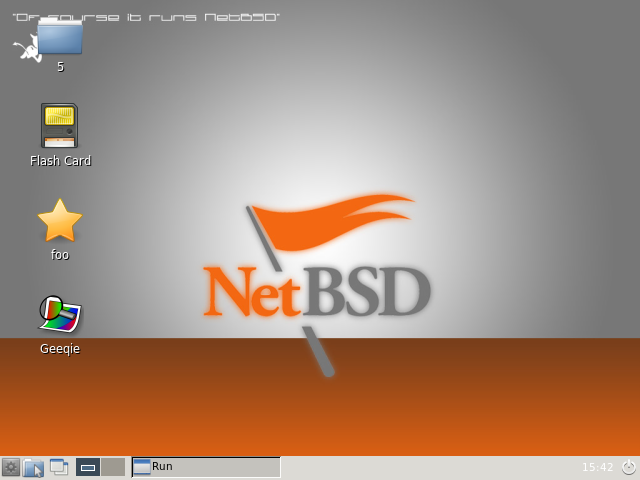“My fellow Americans, our long national nightmare is over.” Gerald Ford spoke those words on Aug. 9, 1974, when taking the oath of office as President of the United States, after the resignation of Richard Nixon.
The phrase “Our long nightmare is over” came to mind when reading last week that the jury in the District Court of Utah trial between the SCO Group and Novell issued a verdict determining that Novell—not SCO—owns key Unix copyrights.
SCO’s seemingly never-ending lawsuits against IBM, Novell and other parties have indeed been a nightmare for the Linux community and the open-source movement. The SCO Group, formerly known as Caldera Systems, was a Linux company that purchased UnixWare and OpenServer from a separate company, called the Santa Cruz Operation, believing that it was purchasing the copyrights to Unix itself.
Caldera dropped its Linux software, renamed itself the SCO Group, and then began a 24×7 legal assault on the Linux community, claiming that Linux contained copyrighted intellectual property that now belonged to SCO.
With financial support from Microsoft, SCO’s management team (under CEO Darl McBride) tried multiple simultaneous tactics:
• Suing IBM, claiming that IBM’s Linux software contained Unix System V intellectual property.
• Suing AutoZone and DaimlerChrysler, claiming that those companies’ use of Linux infringed to SCO’s copyrights.
• Suing Novell, claiming that Novell’s assertion of ownership of Unix’s copyrights slandered SCO’s title to that intellectual property.
• Forming a subsidiary called SCOsource, SCO tried to shake down Linux users by selling them “licenses” to use any SCO intellectual property that might be buried inside Linux. In other words, if Linux users wrote a check to SCO, SCO would promise not to sue them like it did AutoZone and DaimlerChrysler. (SCO never revealed what IP, if any, was hidden inside Linux.)
All of these actions hinged on a key assertion by SCO: that it actually did own the Unix copyrights. If the SCO Group didn’t own Unix, then none of the other actions had any grounding whatsoever. Novell, which had sold UnixWare to the Santa Cruz Operation several years earlier, asserted that while it had sold some software, it had kept the copyrights. Thus, the lawsuits.
These lawsuits have been hanging on and dragging down the Linux community for nearly a decade. Legal setback after legal setback haven’t deterred SCO’s pitbull lawyers. A major court decision in August 2007 in Novell’s favor didn’t stop the lawsuits, but it did drive SCO into bankruptcy. Firing Darl McBride in October 2009 didn’t stop the lawsuits; the company and its attorneys simply keep going.
At long last, the court seems to have spoken definitively. With this week’s jury verdict, it’s clear that Novell—not the SCO Group—owns the Unix copyrights, and there’s no basis whatsoever for SCO’s lawsuits to continue.
It would be nice to believe that Linux’s long nightmare is over. However, the mysterious financial backers behind the SCO Group (nobody knows who they are) are tenacious. Appeals will undoubtedly be filed, and this will drag on for years to come. Sadly, even this important jury verdict probably won’t end the never-ending soap opera.
Alan Zeichick is editorial director of SD Times. Follow him on Twitter at twitter.com/zeichick. Read his blog at ztrek.blogspot.com.






